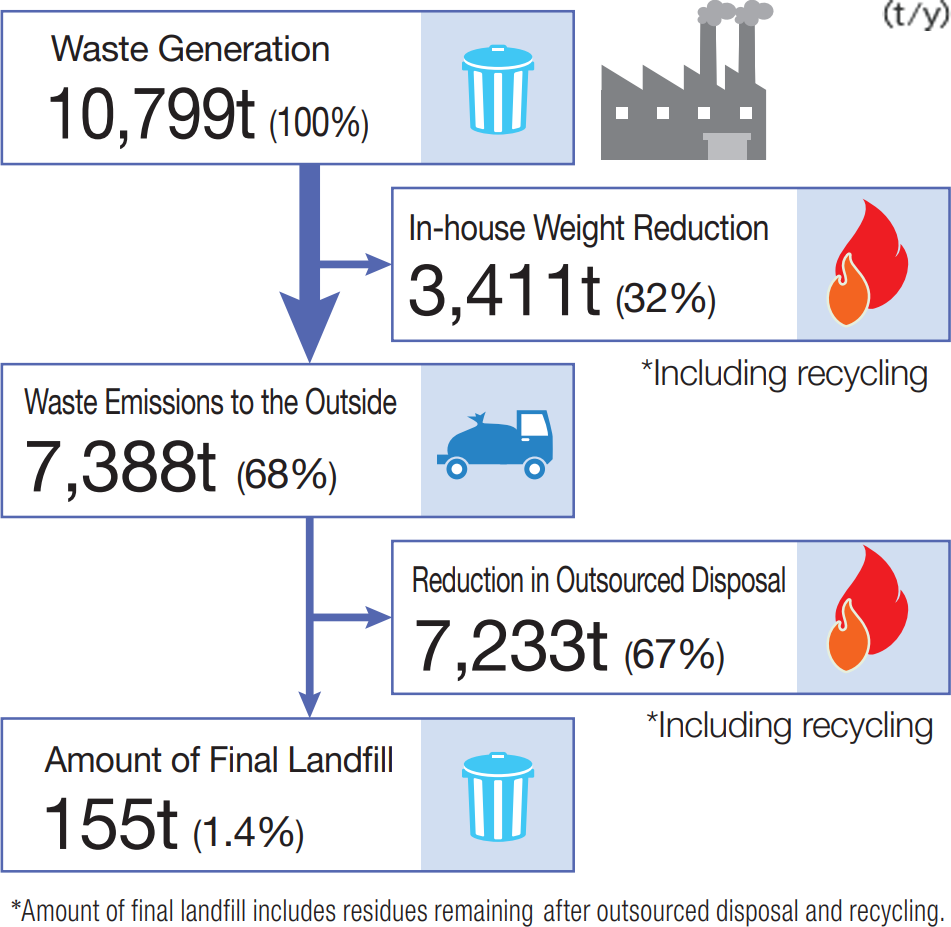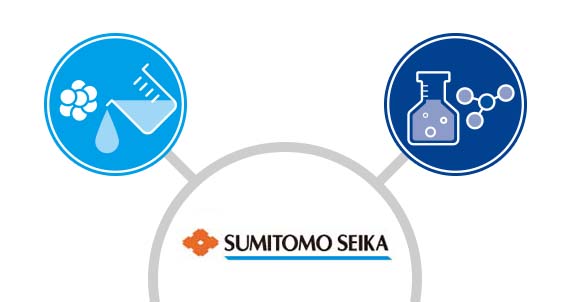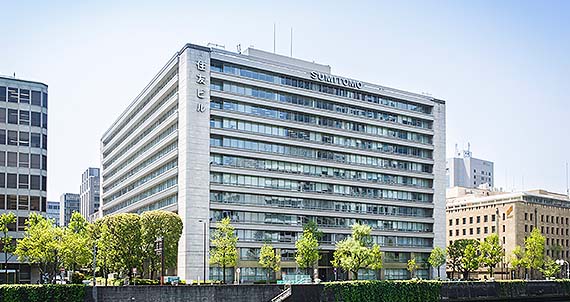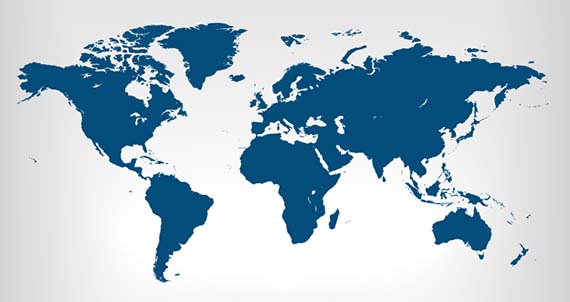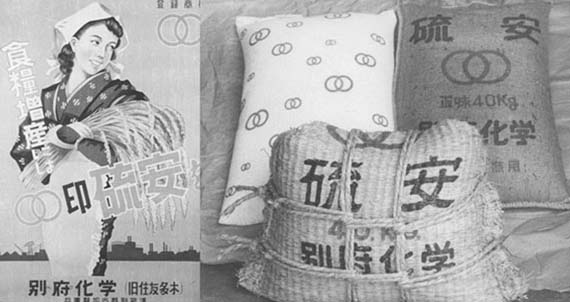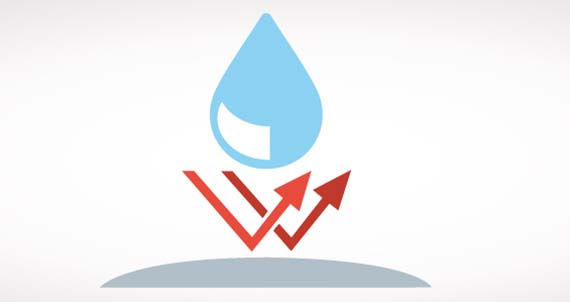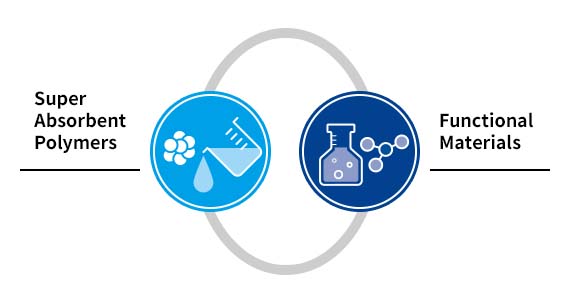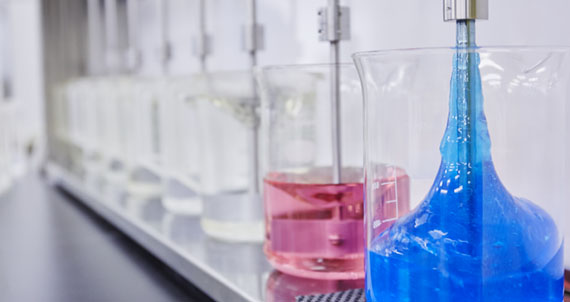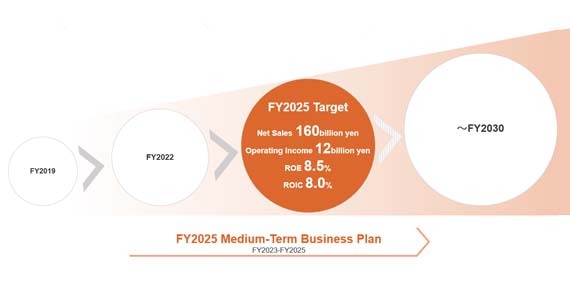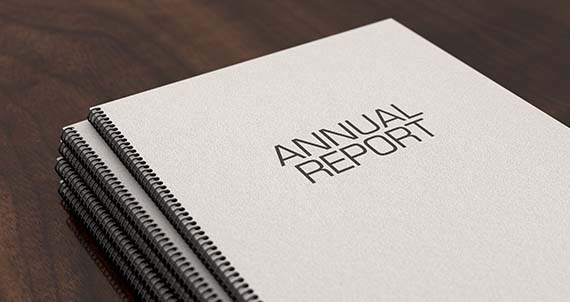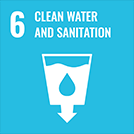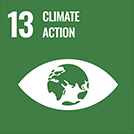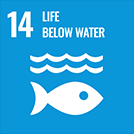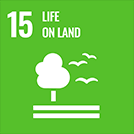Preventing Environmental Pollution
At Sumitomo Seika Group, we are committed to reducing our environmental impact, in line with our Basic Policies on Sustainability, and we believe that the prevention of environmental pollution leads to the promotion of sustainable business and the strengthening of our management foundation. We strive to comply with laws and regulations, to achieve zero environmental problems in the manufacturing process, and to reduce environmental risks in all processes from research and development to disposal.
Applicable SDGs
Preventing Air Pollution
We are striving to properly manage and reduce air pollutants emitted from stationary sources associated with product manufacturing (emissions of hazardous chemicals from manufacturing facilities, soot and smoke from boilers, etc.) and mobile sources (automobiles, etc.) by complying with relevant laws and regulations.
As measures against stationary sources, we are actively working to reduce emissions through proper treatment of emitted substances, improvement of closed systems for dust and other sources, reduction and substitution of dust-producing raw materials, and proper treatment and reduction of the use of controlled substances. In addition, as measures against mobile sources of emissions, we encourage employees to switch off engine wherever possible. We also use EV vehicles for company business.
Preventing Water Pollution
Each of our plants in Japan is adjacent to sea areas or lakes, and we are required to strictly control the discharge of water pollutants. We are striving to purify wastewater by reducing water consumption and using appropriate wastewater treatment facilities, and we are also reducing the use of substances that cause marine pollution and studying alternatives.
We work to control and reduce emissions from wastewater treatment facilities to sea areas, lakes, and rivers, using COD, total nitrogen, and total phosphorus indicators, thereby contributing to maintaining the water quality of the Seto Inland Sea, a closed sea area adjacent to our Befu Works and Himeji Works.
Furthermore, we are reducing the use of microplastics, a marine pollutant, in rinse-off applications and developing biodegradable plastics.
Reducing Industrial Waste
Waste Reduction
Industrial waste affects the surrounding environment and human health through GHG emissions during incineration and the dispersal of environmental pollutants during landfill disposal. Therefore, we are committed to ensuring compliance with the Waste Disposal and Public Cleansing Law and to reducing the amount of generated waste.
In 1989, we installed an industrial waste incineration facility at our Befu Works to reduce the amount of industrial waste processed externally. We are also working to reduce industrial waste by turning waste into valuable resources through Reduce, Reuse, and Recycle and examining ways to reduce waste per unit production through process improvements.
Waste Disposal (FY2023 Result)
